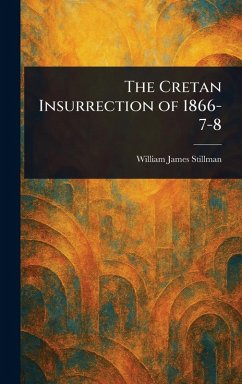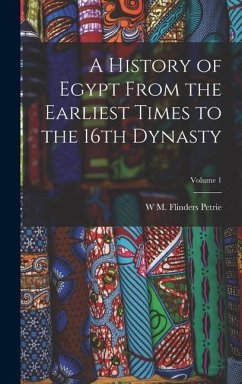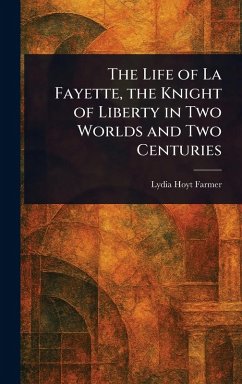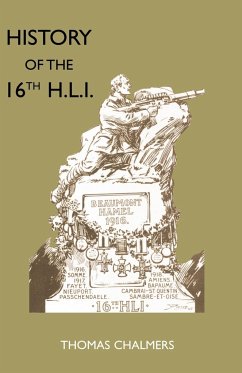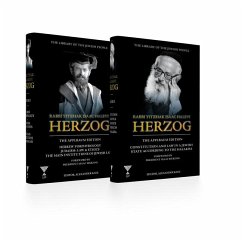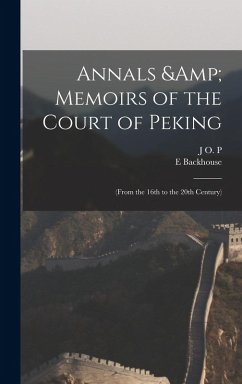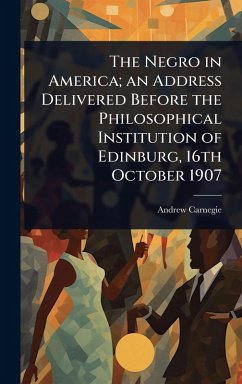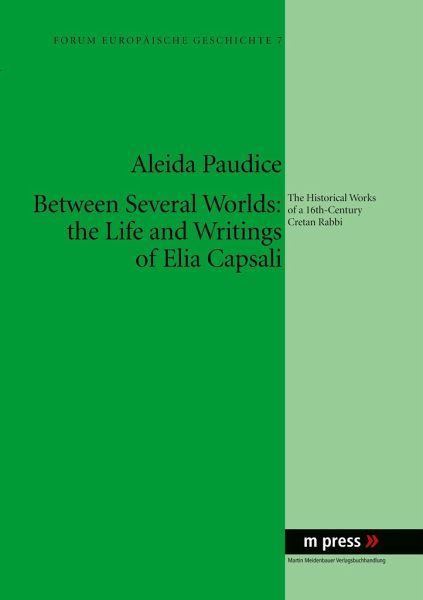
Between Several Worlds: the Life and Writings of Elia Capsali
The Historical Works of a 16th-Century Cretan Rabbi
Versandkostenfrei!
Versandfertig in 1-2 Wochen
54,90 €
inkl. MwSt.

PAYBACK Punkte
0 °P sammeln!
The study shows how Elia Capsali, a Cretan rabbi (ca 1485-ca 1555), demonstrated a unique perspective on Crete under Venetian (1211-1645) and Ottoman domination (leading up to the conquest of Rhodes in 1522), as described in his main historical works - the Chronicle of Venice (1519) and the Seder Elijahu Zuta (1523). By analyzing Capsali's historical context in Crete and the Cretan Jewish communities during the 16th century, the work depicts how Capsali's thoughts are rooted in his contemporary world.In particular, this work deals with the way in which Capsali reflected his position at the cro...
The study shows how Elia Capsali, a Cretan rabbi (ca 1485-ca 1555), demonstrated a unique perspective on Crete under Venetian (1211-1645) and Ottoman domination (leading up to the conquest of Rhodes in 1522), as described in his main historical works - the Chronicle of Venice (1519) and the Seder Elijahu Zuta (1523). By analyzing Capsali's historical context in Crete and the Cretan Jewish communities during the 16th century, the work depicts how Capsali's thoughts are rooted in his contemporary world.
In particular, this work deals with the way in which Capsali reflected his position at the crossroads between eastern and western traditions. By examining the Cretan Jews and involving Capsali's writing concerning the Ottoman Sultans, Aleida Paudice provides the key to reading and understanding Capsali's works. She offers possible explanations to Capsali's view on Ottoman history. Now more than ever, it's critically important to reflect on the relations between Islam and other religions and to realize, that the differences between the two are much smaller than is commonly the opinion today.
In particular, this work deals with the way in which Capsali reflected his position at the crossroads between eastern and western traditions. By examining the Cretan Jews and involving Capsali's writing concerning the Ottoman Sultans, Aleida Paudice provides the key to reading and understanding Capsali's works. She offers possible explanations to Capsali's view on Ottoman history. Now more than ever, it's critically important to reflect on the relations between Islam and other religions and to realize, that the differences between the two are much smaller than is commonly the opinion today.



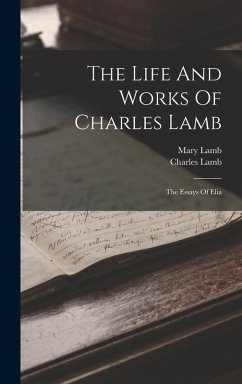
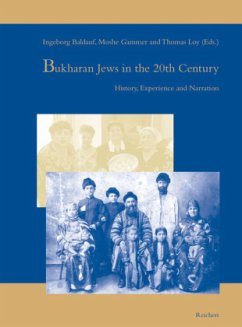
![The World, Historical and Actual, What Has Been and What is [microform]: Our Globe in Its Relations to Other Worlds and Before Man; Ancient Nations in Cover The World, Historical and Actual, What Has Been and What is [microform]: Our Globe in Its Relations to Other Worlds and Before Man; Ancient Nations in](https://bilder.buecher.de/produkte/65/65523/65523408n.jpg)
